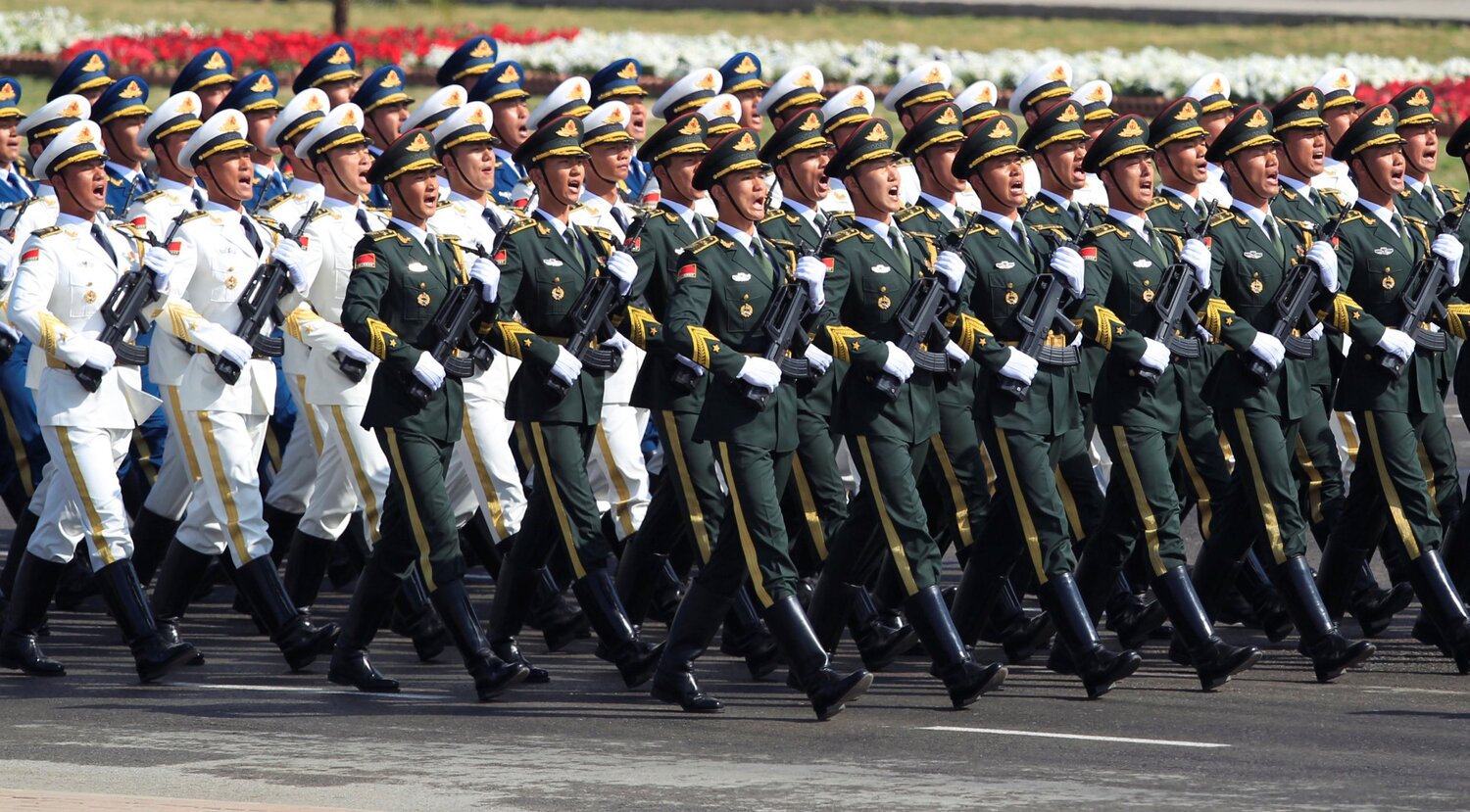- Thread starter
- #61
I'd disagree with this. There are plenty of place to use for terrorist operations, like Syria and Libya and Yemen.
Afghanistan has no resources, which makes it strange that the US stayed so long.
Perhaps it's as simple as, the US went in to get ibn Laden, and stayed because he hadn't succeeded in taming the country, and couldn't accept failure when it was so easy.
Somalia, for example, was easy to get out of, because it turned into a disaster, but Afghanistan was always a slow burner.
Also what strategic position does Afghanistan hold? The US had bases near Pakistan, but especially Iran.
When the US invaded Iraq, it wanted to also invade Iran. But Iraq got bogged down. Imagine being able to invade from two sides. Instead policy went to sanctions because the US never got to the point where an invasion met the Powell Doctrine.
All those countries you mention are very unstable even for the Taliban.
The taliban wanted their own state and they chose Afghanistan....case closed.
Also you are being incoherent. You might have a point but seem unable to spell it out logically and clearly. You might want to try again.
You are also wrong about Afghanistan having no natural resources.
Afghanistan has several oil reserves in the north and rare and very valuable minerals in the south, its main value however is given by its geopolitical situation; Afghanistan becomes a transit place for the energy resources coming from Iran and Turkmenistan to Pakistan, India, and even China.
Afghanistan will be a very strategic asset for China who are lusting for it and ultimately China will be the big winner from this mess.
We should have invaded Iran instead of Iraq. Just another huge mistake by the moron better known as W.

Why Communist China is Entering Afghanistan As US Military Officially Leaves — Young Americans Against Socialism
Experts are warning of a potential Chinese entrance into Afghanistan once the U.S. military officially removes itself from the region. China’s entrance is supposedly intended to protect their massive investments in the Middle East.
Last edited:

